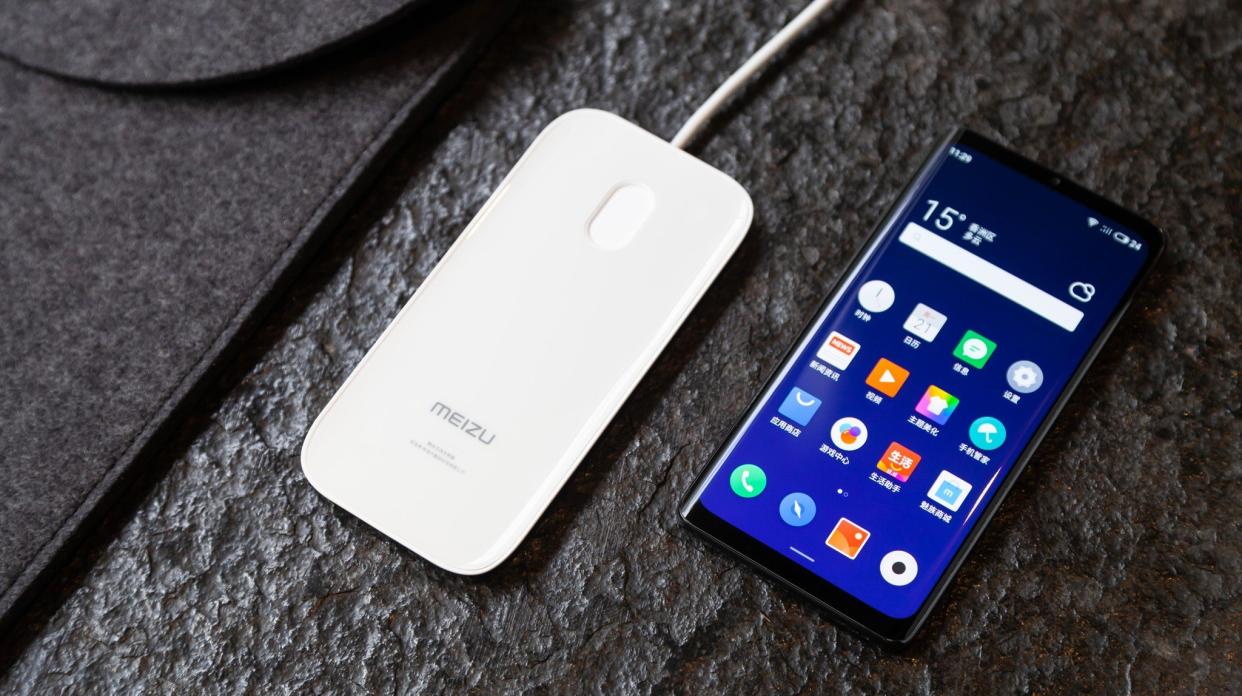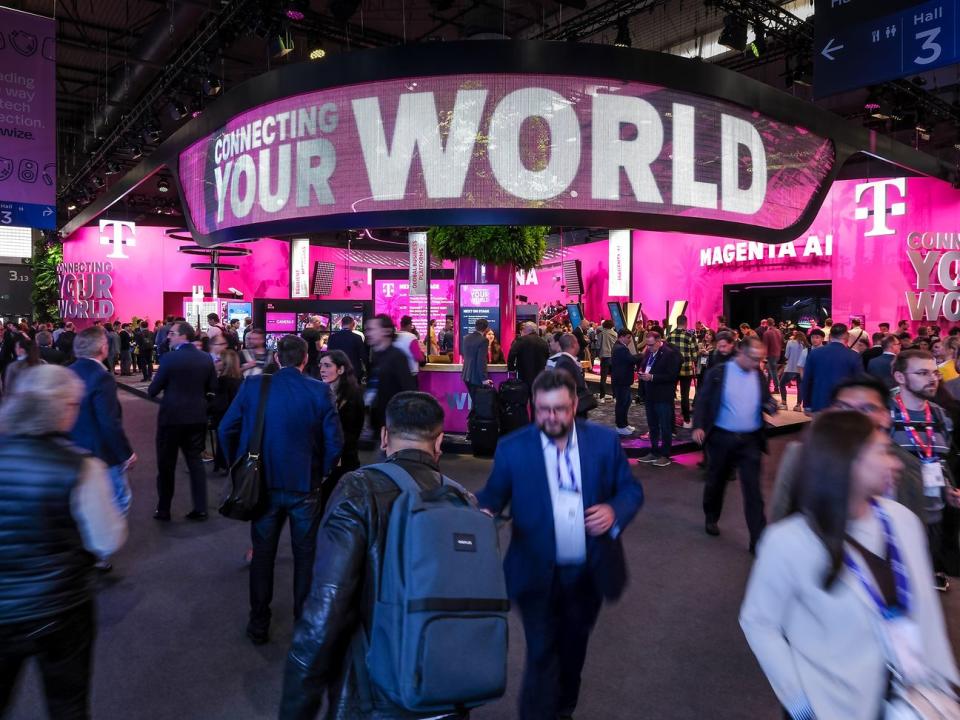Why AI could make app-based smartphones a thing of the past

Deutsche Telekom, the German telecommunications company, unveiled an AI phone at the Mobile World Congress earlier this week (Feb. 27). The phone, which aims to “replace the countless apps” on a traditional smartphone, like an Apple iPhone or Google Pixel, is a collaboration between the company Brain.ai and Qualcomm.
Through the use of AI, everyday functions, once carried out by apps, will soon be executed by a concierge-like assistant. "Artificial intelligence and Large Language Models (LLM) will soon be an integral part of mobile devices,” Jon Abrahamson, chief product and digital officer of Deutsche Telekom, said.
“We will use them to improve and simplify the lives of our customers. Our vision is a magenta concierge for an app-free smartphone. A real everyday companion that fulfills needs and simplifies digital life."
Meanwhile, on February 19, Meizu Technology announced that it was quitting the smartphone business altogether. Its holding company, Geely, is going all-in on AI, with a belief that artificial intelligence is the future. As a result, there will be no Meizu 21 Pro, Meizu 22, and Meizu 23 series moving forward. Instead, an AI-enabled hardware product will be released later this year, per the company.
Of course, the above developments come on the heels of devices like the Rabbit R1, a mini AI-based handset, and the wearable AI-powered Humane Ai Pin becoming available to more customers.
Luke Pearce, a research analyst at CCS Insight, believes that companies are taking note of how consumers have reacted to recent AI developments.
“Consumers are associating GenAI with futuristic and innovative ideas, and companies are keen to showcase how they are using such technologies in their product marketing,” Pearce told Android Central.
Not only are companies taking note of the futurist possibilities of AI, but they are also keenly aware of how often consumers are taking advantage of yearly showcase products.

Shen Ziyu, chairman and CEO of Xingji Meizu Group, noted that smartphone users take longer to upgrade. His findings saw that it took an average of 51 months or close to four years for users to upgrade. The Mobile Overview Report by Scientiamobile affirmed that in Q2 of 2023, a majority of Android smartphone users (26.4 percent) used their device roughly for two to three years. DazeInfo added that 61.8 percent of all Android smartphones are being used anywhere between two and five years.
“Smartphone companies are certainly betting that AI is the answer to encourage upgrades and to try and differentiate on software instead,” Pearce explained.
However, it remains to be seen whether this will be enough to encourage customers to get an upgrade.
And while consumers will likely see fewer annual events announcing hardware upgrades, such presentations aren’t necessarily going away, according to Pearce.
“I'm not sure if that completely changes as there is a lot of hardware involved in AI phones, too, such as the chipsets powering these devices and the annual generational upgrades in performance that these also bring. But, yes, going forward, we could see less frequent smartphone launch cycles, especially with increasing environmental and sustainability pressure.”
Apps and the money they generate represent a vital revenue source for myriad development companies. A phone that simply has no apps represents one fewer user providing income, which can then multiply, leaving companies scrambling to make up for lost profits.
In 2023, Apple announced that app store developers generated $1.1 trillion in billings and sales in 2022. In that announcement, it was also noted that analysis from the Progressive Policy Institute unveiled that 4.8 million jobs are supported by the iOS app economy alone across the U.S. and Europe.
“We are also skeptical of AI devices without app user interfaces,” Pearce said.
“Whilst AI is being described as the next leap forward for consumer mobile experiences, the current app-based UX will certainly be around for a while longer.”

That app-based UX might also linger due to growing concerns on the part of consumers in regard to AI. While AI has a wealth of benefits, privacy, creative infringement, and ethical concerns still persist and will continue to. Such feelings will need to be addressed by companies and manufacturers if they expect users to buy in.
“Security and Privacy are key considerations for AI,” Pearce said. “Putting more AI on the device is the way forward to protect user data and reduce the necessity on cloud and third-party access. Communicating this clearly and sensitively to the consumers will be necessary to ensure such reservations can be overcome.”
The end result is a future that has a lot of appealing aspects as well as trepidation on the part of both the company and the consumer. How can companies make up for lost revenue and jobs while also working to inform consumers about the potential of AI?
Meanwhile, are consumers ready to accept a world with less control? Those questions will need to be answered sooner rather than later as this particular future is rapidly approaching.
